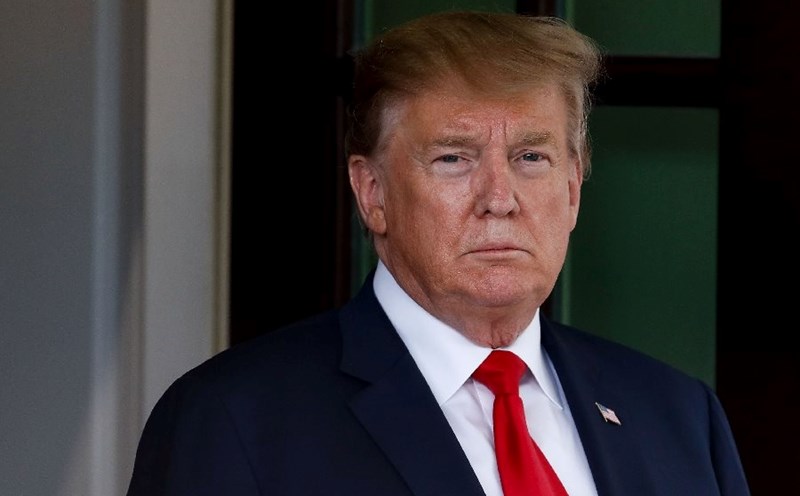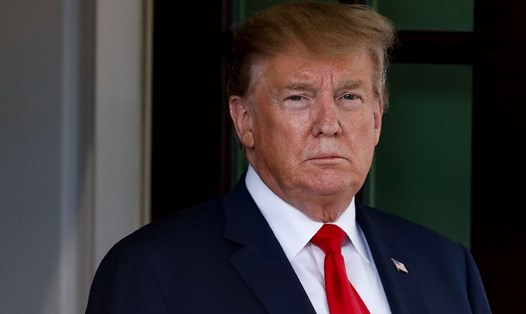Canadian Minister of Public Safety, Finance and Intergovernmental Affairs Dominic LeBlanc said that Canadian ministers had a positive meeting with Tom Homan, Donald Trump’s nominee to oversee deportation policy for immigrants in the United States illegally, to inform them about the plan. The plan, which LeBlanc and other ministers announced, would reinforce the US-Canada border with helicopters, drones, surveillance towers and sniffer dogs, as well as deploy a “joint strike force” to target transnational organized crime.
Prime Minister Justin Trudeau’s government will invest C$1.3 billion ($909 million) in border security over six years, focusing on fentanyl, illegal immigration and organized crime. Canada has been under pressure to strengthen its border with the United States since President-elect Donald Trump threatened to impose a 25% tariff on Canadian and Mexican goods if the two neighbors do not stop the flow of migrants and drugs into the United States.
US authorities arrested more than 23,000 people near the US-Canada border in the 12 months to October 2024, more than double the previous year but a fraction of the 1.5 million people apprehended near the US-Mexico border during the same period.
This could happen in a number of cases, "including cases of mass fraud," Immigration Minister Marc Miller said.
Canada will also “introduce measures to streamline the asylum system to expedite the processing of irregular asylum claims,” Miller added. Canadian Immigration Minister Marc Miller also announced an end to “flagpoling” — the practice of international residents leaving Canada through border crossings and returning to Canada immediately to extend their temporary stay.
In addition to the focus on migrants from Canada to the United States, Canada is also bracing for a reverse wave of people fleeing President-elect Donald Trump's threat of mass deportations.
According to BBC, Canadian Prime Minister Justin Trudeau's government has been in turmoil since earlier this week when Deputy Prime Minister and Finance Minister Chrystia Freeland resigned.
In an open letter to the Canadian leader, Ms. Freeland outlined the differences between the two sides over spending and “the best path forward for Canada.” Ms. Freeland’s abrupt departure from the cabinet adds to the strain on Mr. Trudeau’s weakened minority government, which is currently suffering from falling polls and facing calls for his resignation from within his own party.











